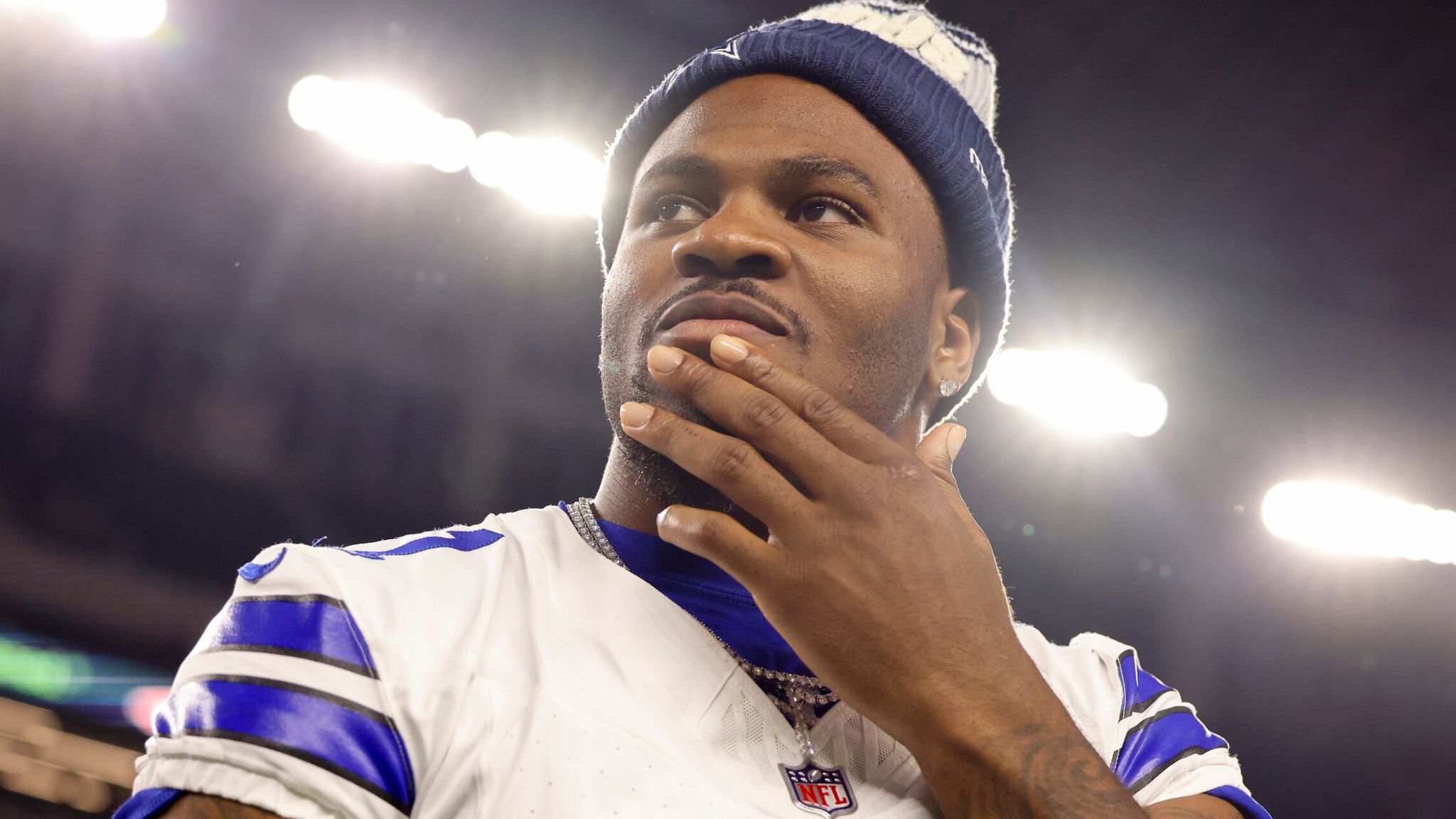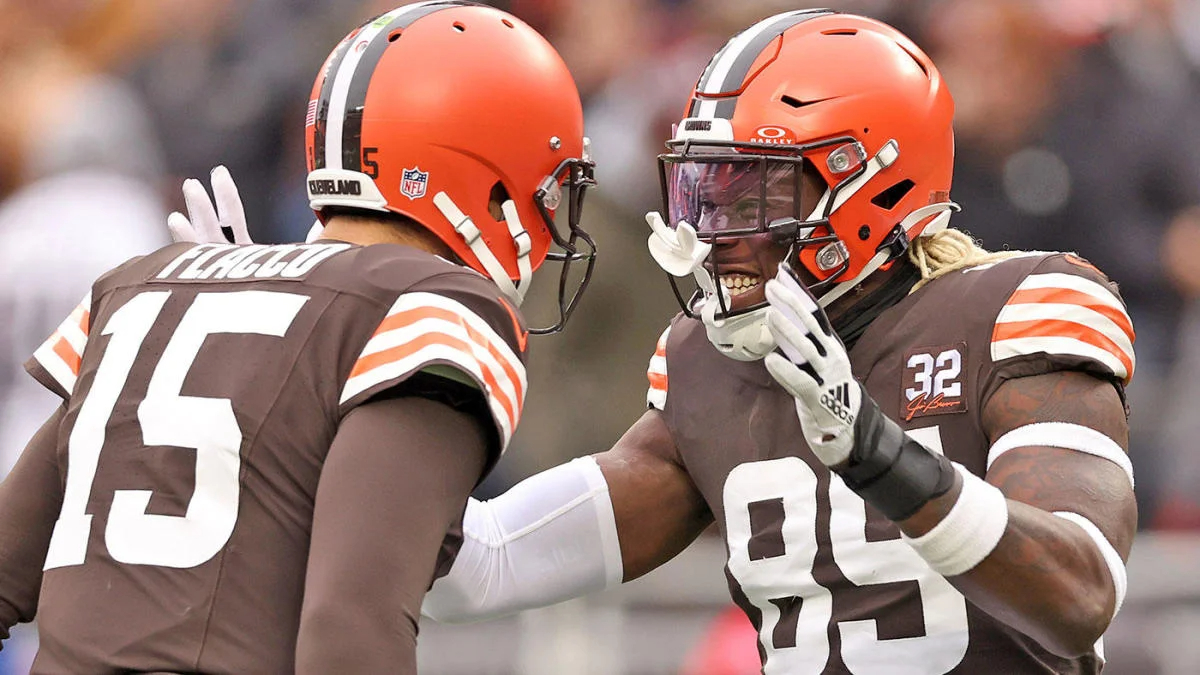For decades, the NFL and college football have coexisted in the USA almost without any problems. Now, however, a major dispute is looming between the professional league and the up-and-coming players.
Munich – In 1961, an important regulation for US sports was laid down by means of an antitrust settlement: The NFL plays most of its games on Sundays, while college football games are played on Saturdays.
But what has worked well for decades could soon degenerate into a major dispute.
The reason: different plans of the two leagues. The NCAA, the college organisation, plans to increase the number of playoff teams from the current four to twelve. This is to happen by 2026 at the latest.
US viewers prefer to watch the NFL
And the best football league in the world is also aiming for change. After the expansion of the playoffs and an additional game day during the regular season, there will be a game on Black Friday for the first time starting next season. Until now, however, the day after Thanksgiving has been reserved exclusively for college football.
Both organisations are striving to innovate in ways that seem difficult to reconcile. “Things are changing. We have to deal with reality and make decisions about where these games can be played,” expressed Greg Sankey, commissioner of the College Football Conference SEC.
To put this in perspective, NFL broadcasts are hugely important in the United States. 75 of the 100 most watched sports broadcasts are games from the National Football League.
Actually a clear statement. If it weren’t for the fact that college football follows in second place with six games in the ranking. NBA, NHL or MLB, on the other hand, do not arouse the interest of TV viewers to the same extent.
College football on the attack
For college officials, reason enough to want to stand up to the NFL. And the plans are ambitious. From 2024 there are to be three playoff rounds instead of two. A possible broadcast date is the New Year’s weekend – a hot TV competition with the NFL would then be unavoidable.
However, the timing of the planned changes is no coincidence. After all, the Sports Broadcasting Act, which has been in force since 1961, expires exactly then. Until now, this law regulated that the TV rights of the individual teams could not only be marketed by the league, but that there were also days on which the NFL was not allowed to be on TV.
Thus, until then, from the second Friday in September to the second Saturday in December, no NFL game may be shown from 6 p.m. on Friday until midnight on Saturday. College football should be protected by this decision of Congress.
This should continue to apply even though the NFL is known to want to play on Black Friday from 2023. However, that game will then start early enough so that the rule can continue to be upheld.
Stress between NCAA and NFL?
When looking at the plan of the college officials, one thing becomes clear: The NCAA seems to want to compete with the NFL. But the ideas are not quite so easy to implement. Among other things, it would require an agreement with “ESPN”. The TV station that exclusively broadcasts the college playoffs also owns TV rights to the NFL. And for the most part, the professional league still generates the higher ratings.
The college bosses are also considering possible alternate days. Thursday and Friday would be possible, which would not go down very well with the high schools, which usually play on Friday evenings.
Incidentally, an earlier start to the season is also being discussed as an option. However, this would again require countless other current contracts to be changed.
It seems that the arrangement of the football broadcasting dates will become a bigger problem.






Comments
No Comments